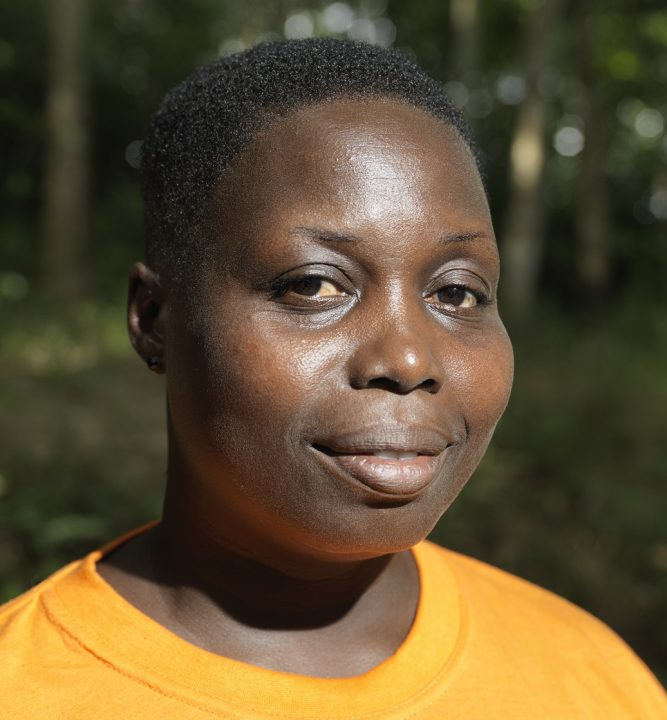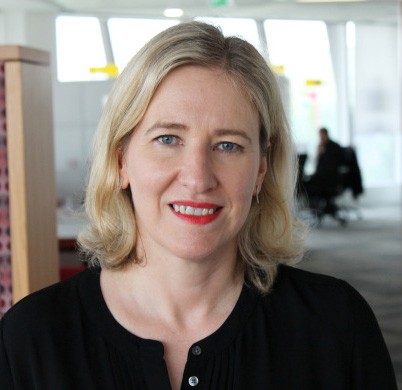Fairtrade Fortnight (24 Feb-8 Mar) has seen a series of events up and down the country, including a meeting in Manchester with a co-operator from Cote d’Ivoire.
This year the fortnight focuses on delivering a living wage for cocoa producers, with an emphasis on gender equality. Rosine Bekoin, secretary of the Women’s Society at the CAYAT cocoa and coffee farming co-op, discussed her experiences at the meeting.
The event was also attended by Cathryn Higgs, head of food policy at the Co-op Group, Shelley Brown, founder of The Good Life, a waste-free mini market in Stockport, and Catherine David, head of commercial partnerships at Fairtrade Foundation.

Ms Bekoin told of a childhood spent with her grandmother, who taught her to grow plants for food, before she hit hard times with the death of her father in 1996. Because of difficulties for women when it comes to land ownership in Cote d’Ivoire, and a lack of support from her uncle and cousin, she had to struggle to prove her right to the two hectare cocoa plantation he left her.
But even though she had two hectares of land to work on, she said there were problems when it came to selling the produce, with traders dictating the price of cocoa.
That changed in 2014 when she discovered CAYAT in 2014; in 2015 the co-op gained Fairtrade certification and Ms Bekoin started to earn a “good, decent price”. The co-op was also able to build a school, and canteens for the children, and set up water pumps.
Crucially, she added, the co-op gave her the chance for an education through the women’s leadership school, organised by Fairtrade Africa.
“I didn’t know I had a value, that as a woman I was able to make decisions,” she said, adding that Fairtrade was driving ideas around gender equality. “My husband wasn’t for it,” she said, “but because of this school I was able to convince him.”
Answering questions from the audience, she said Fairtrade, and the school, had changed many things in her life – including giving her the chance to travel and speak to audiences. “At home a woman is not allowed to speak in front of men,” she said. “She cannot be head of the family, or head an enterprise. But thanks to the school of leadership we have found that women have their own life, their own power.”
From the Co-op Group, policy director Cathryn Higgs said there were common values between the Fairtrade and co-operative movements.

“Our members recognised this in the 1990s and encouraged us to support Fairtrade,” she said. “Fairtrade for me is about empowerment, it’s about people, it’s about futures, it’s about livelihoods, it’s about justice.”
She said the women’s school of leadership was an important project because women in agricultural producing countries are paid less, leaving many below the poverty line. They also have poor access to loans and don’t know their rights when it comes to land ownership.
“Women need to find their voice and make their power in the workplace,” she added.
Shelley Brown, from the Good Life, said her store was a response to frustration “at the way food has been devalued. People want to know where their food has come from”.
Fairtrade plays an important part in questions of food provenance, she added. “It’s really important to customers that cocoa and chocolate is Fairtrade.”
She added that it was important for people to bear questions of ethics and sustainability in mind when buying food. “What you eat is the most important thing you do each day,” she said.

